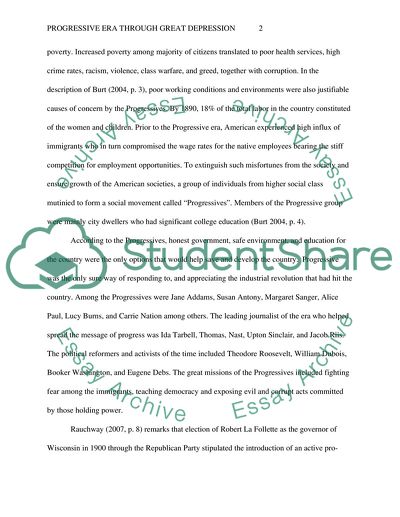Cite this document
(“Progressive Era during the Great Depression Essay”, n.d.)
Retrieved from https://studentshare.org/history/1600668-aasignment-2-progressive-era-through-the-great-depression
Retrieved from https://studentshare.org/history/1600668-aasignment-2-progressive-era-through-the-great-depression
(Progressive Era During the Great Depression Essay)
https://studentshare.org/history/1600668-aasignment-2-progressive-era-through-the-great-depression.
https://studentshare.org/history/1600668-aasignment-2-progressive-era-through-the-great-depression.
“Progressive Era During the Great Depression Essay”, n.d. https://studentshare.org/history/1600668-aasignment-2-progressive-era-through-the-great-depression.


